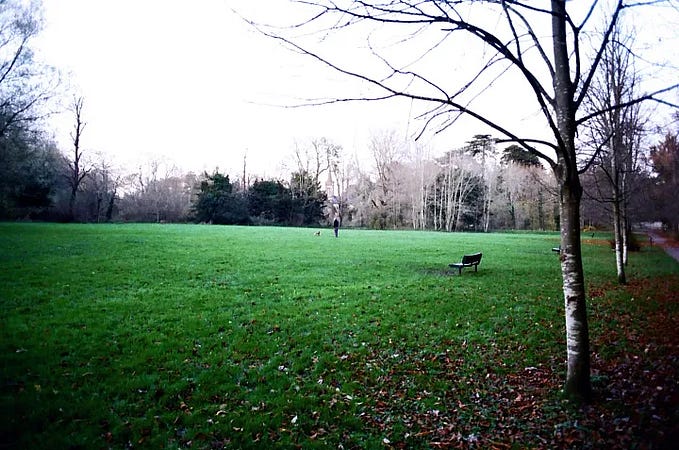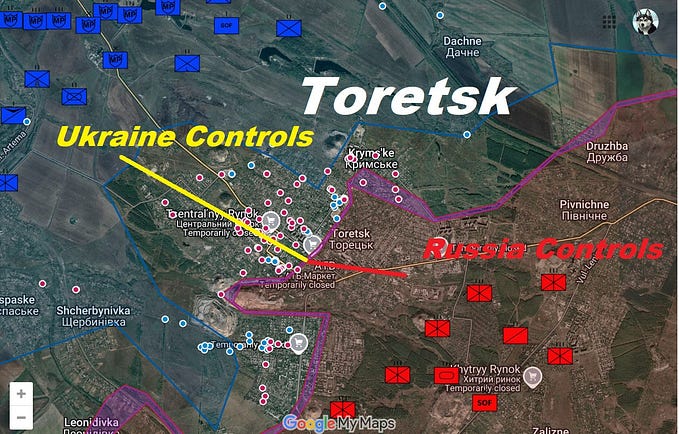Member-only story
Explaining ‘Rosetta Stone Urbanism’
Why respect the distinctive character of cities?

We invariably are products of our upbringings, which in my case has led me to write a third, well-illustrated book on understanding city life and form. The focus on sustaining culture and character has become even more relevant to me after moving abroad and watching how quickly central issues of urbanism have evolved over the past 10 years and how they manifest in different cities, especially in pandemic times.
Ten years ago, as an attorney in Seattle, it was not clear to me that unprecedented change was afoot; that redevelopment and an ongoing shift to a more technocentric city would alter demographics and the city’s look and feel. At that time, urbanism, especially to a newly elected progressive mayor, meant alternative forms of transportation and giving voice to previously marginalised populations. We had no expectation that homelessness, “boxy”and identi-kit apartment development, and nostalgia over a lost past would dominate the rhetorical and visual landscapes.
Nor could I have predicted that in London and Newbury, I would become so interested in comparisons between places and their similarities or differences. As I type on a UK keyboard, spellcheck is accusing me of spelling errors that are not errors to me. I should be honoured by the…









